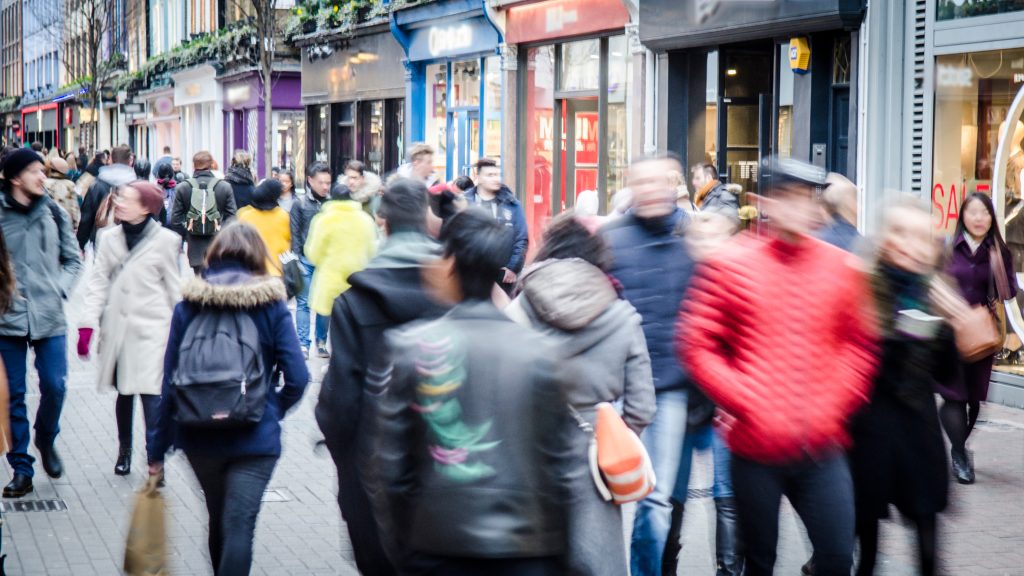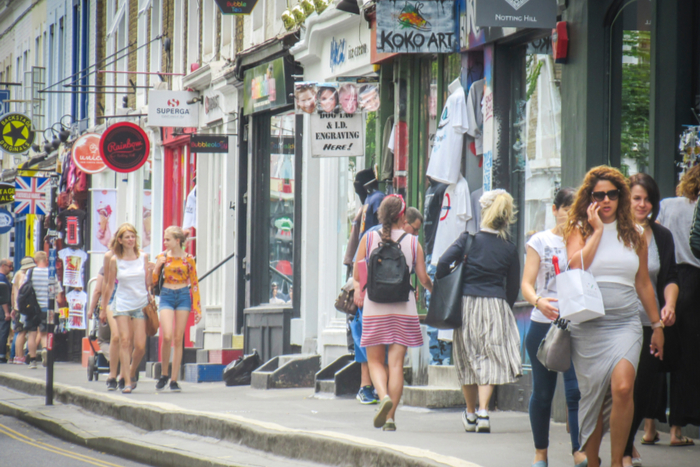E-cigarettes and craft beer have been added to the basket of goods and services used to calculate UK inflation. The former has category has been added because a substantial number of smokers have switched to them, often as an aid to giving up smoking. Off-sales of ‘craft‘ beer have been introduced because these speciality and micro-brewery products are seeing an increase in both expenditure and the shelf space devoted to them.
The basket of goods began life in 1947, as a sample of everyday items that could be used to measure changes in the prices of goods and services. It has been used by the Office for National Statistics to help calculate consumer price inflation ever since.
With the decrease in the popularity of traditional media, music streaming services, such as Spotify, are being included for the first time, as are online console computer games subscriptions. In addition, headphones, which many people now buy for use with games consoles or as an upgrade to the free pairs that come with smart phones, are being added to the basket of goods. Alongside this, mobile phone accessories, such as chargers and covers – are also being added.
‘Sat navs‘ are being removed from the basket of goods this year, partly because many drivers now navigate using smart phones (remember your last Uber journey?), but also because some new cars now come with sat navs built in.
Other changes include the inclusion of protein powders, used by many gym-goers, melons and sweet potatoes. While on the other hand, foreign exchange commissions and yoghurt drinks are being removed.
There are currently 703 items that make up the CPI basket of goods and services, of which 13 are new this year, with eight other items being removed, and 16 being modified.
ONS uses the items in the basket of goods and services to calculate consumer price inflation. It collects around 110,000 individual prices each month from 20,000 shops across the UK, as well as a further 70,000 prices online. The ‘weight‘ of each item – its relative importance in calculating CPI – is based on survey evidence of people‘s spending gathered by ONS from its own sources and commercial market research. Thus low cost items purchased by relatively few people will have much less influence on the rate of inflation than higher value products bought in large numbers.



























